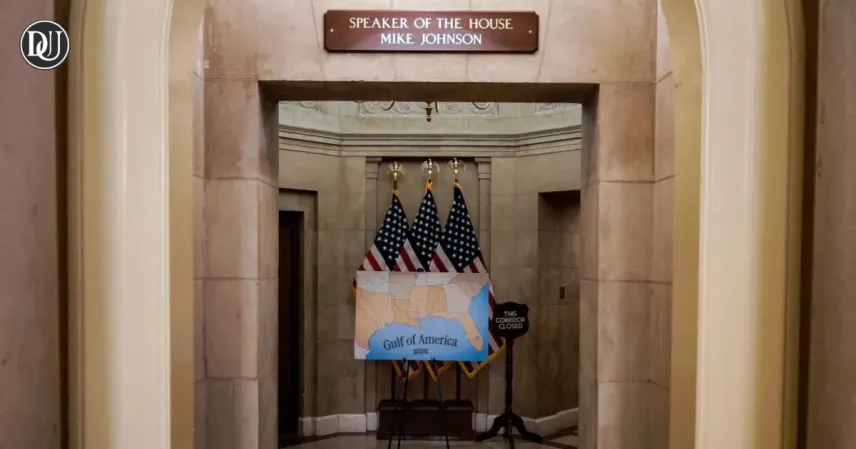In a move that’s stirring up controversy, the U.S. House of Representatives has voted to rename the Gulf of Mexico to the "Gulf of America." This decision, which came through an executive order from President Trump, was spearheaded by Rep. Marjorie Taylor Greene, who argues that the change reflects the strength and influence of the U.S. in the region.
But not everyone is on board. Critics see this name change as nothing more than a political stunt—an attempt to push a narrative of dominance that ignores the complexities of international relationships and history.
A Vote That Split the House
The bill passed with a narrow margin—211 votes in favor and 206 against—showing just how deeply divided the House is on this issue. Republicans back the move, saying it celebrates America’s leadership and power in the Gulf region. Democrats, however, are less convinced, with some going as far as calling the bill “the dumbest thing” they’ve ever seen in Congress. It's clear that this issue is far from simple—it’s sparked heated debate and strong emotions on both sides.
🇺🇸 GULF OF AMERICA BILL INTRODUCED 🇺🇸
— Rep. Marjorie Taylor Greene🇺🇸 (@RepMTG) January 9, 2025
Today, I officially introduced my bill to rename the Gulf of Mexico the Gulf of America.
Mexican cartels currently use the Gulf of Mexico to traffic humans, drugs, weapons, and God knows what else while the Mexican government allows them to… pic.twitter.com/vZFp3XoLs7
A Name Change, but Only in the U.S.
It's important to note that the new name, "Gulf of America," would apply only within the United States. Countries like Mexico, who share the Gulf, are under no obligation to use this new name. In fact, many international leaders, especially from Mexico, have rejected the idea, saying that this is an unnecessary alteration to a name that has long been a part of history. For some, this name change feels more like a reflection of national pride than a move that benefits the countries involved.
Is This About National Pride or Distraction?
Supporters of the bill argue that renaming the Gulf is a powerful symbol of American pride and dominance in the region. They believe it acknowledges the U.S.’s economic, cultural, and strategic role. But critics feel this is just a distraction—an empty gesture that doesn’t address the real challenges the nation faces. Is the name change a meaningful tribute to the country’s greatness, or just a political move to rally the base?
What Happens Next?
Now that the bill has passed the House, it’s on its way to the Senate. But with so much partisan divide, it’s unclear whether it will make it through. If it does pass, the new name will officially be recognized in the U.S., but the debates and challenges surrounding it will likely continue. This name change may not change the Gulf itself, but it will certainly spark discussions about identity, nationalism, and international relationships for years to come.










